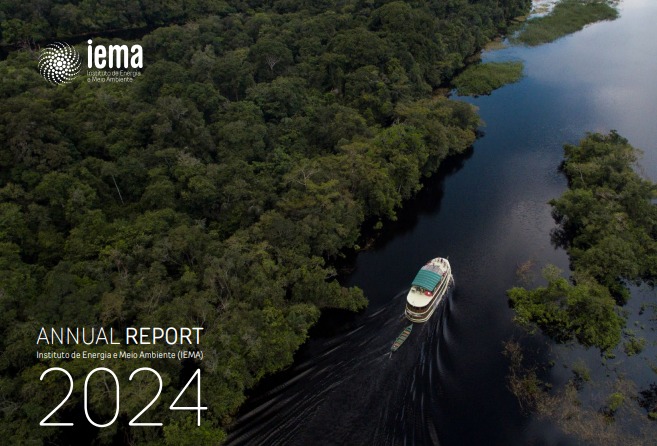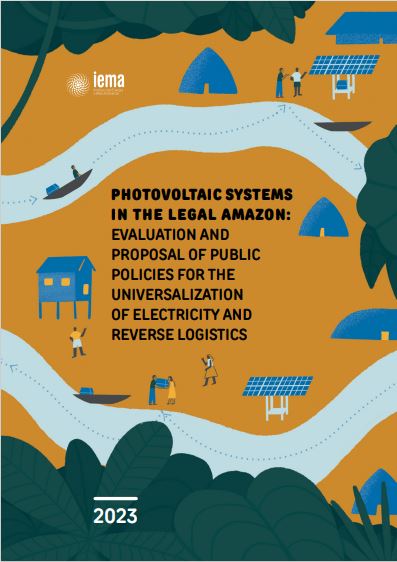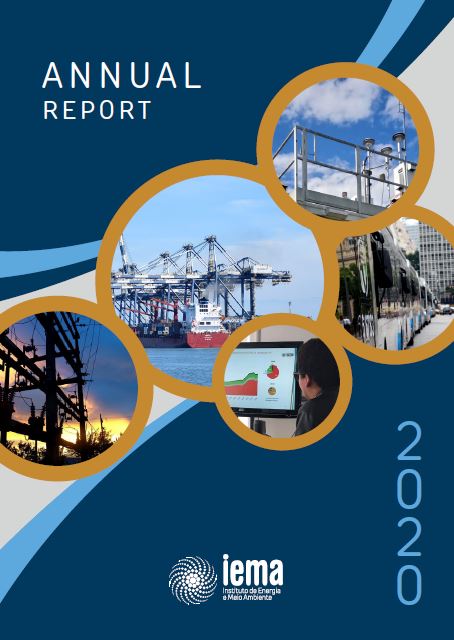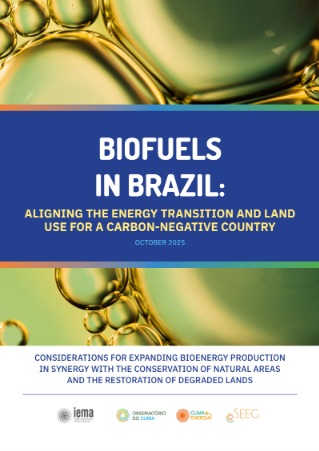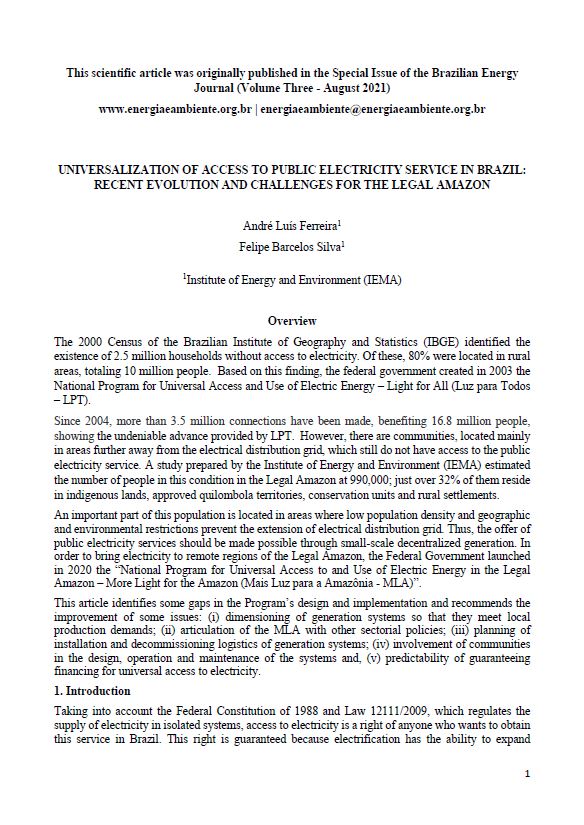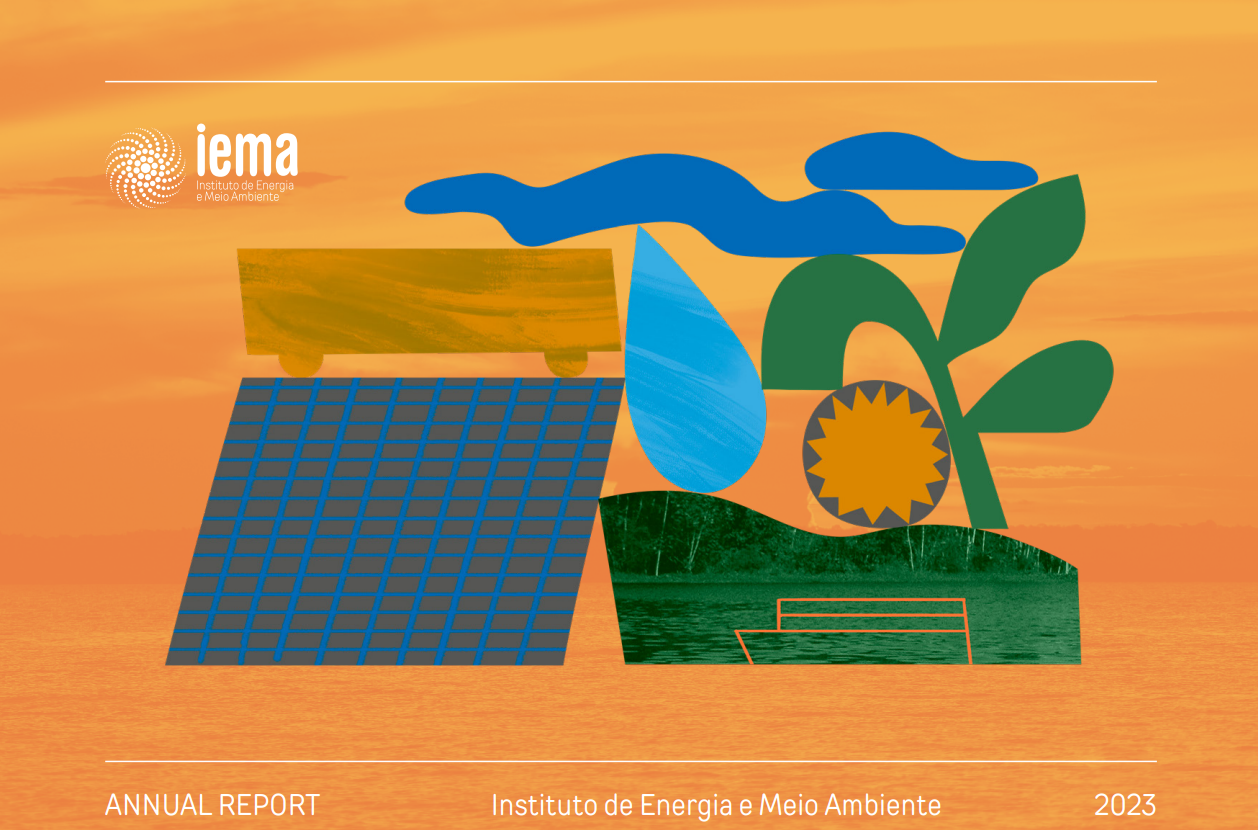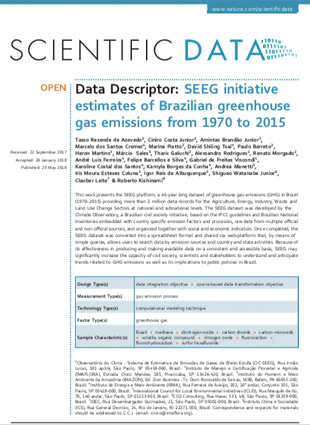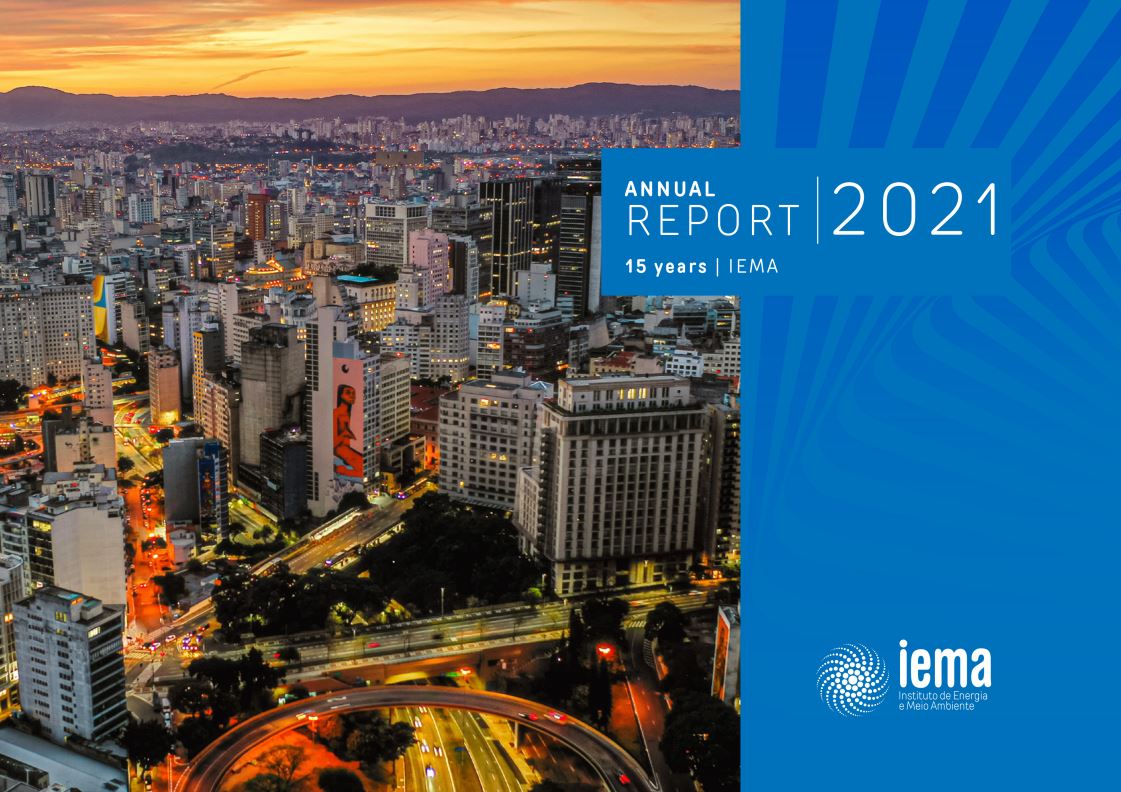This period was a milestone, as IEMA celebrated 18 years of work and concluded the strategic planning cycle initiated in 2020. The plan was decisive in guiding actions, consolidating partnerships, and expanding the relevance of the institution’s research and proposals in the public debate. Along this path, the institute advanced in key agendas such as clean and inclusive energy, air quality, universal access to electricity, low-emission urban mobility, and the integration of socio-environmental alternatives into transport infrastructure planning.
The annual report brings together the main results of this journey, highlighting achievements such as the enactment of the National Air Quality Policy (PNQAr), the partnership with the Federal Comptroller General’s Office (CGU) to strengthen transparency and social accountability, and contributions to the reformulation of the “Luz para Todos” program, which now includes guidelines on waste management and reverse logistics. At the same time, it points to the future by laying the foundations for the next strategic cycle and reaffirming IEMA’s commitment to producing independent technical knowledge, proposing robust public policies, and supporting innovative solutions for Brazil’s socio-environmental challenges.
